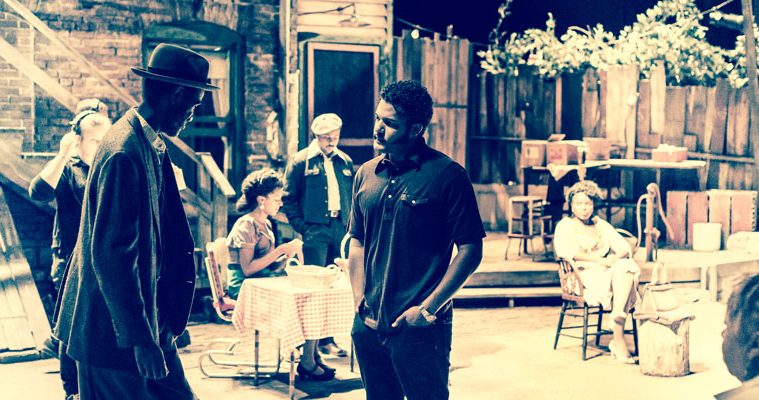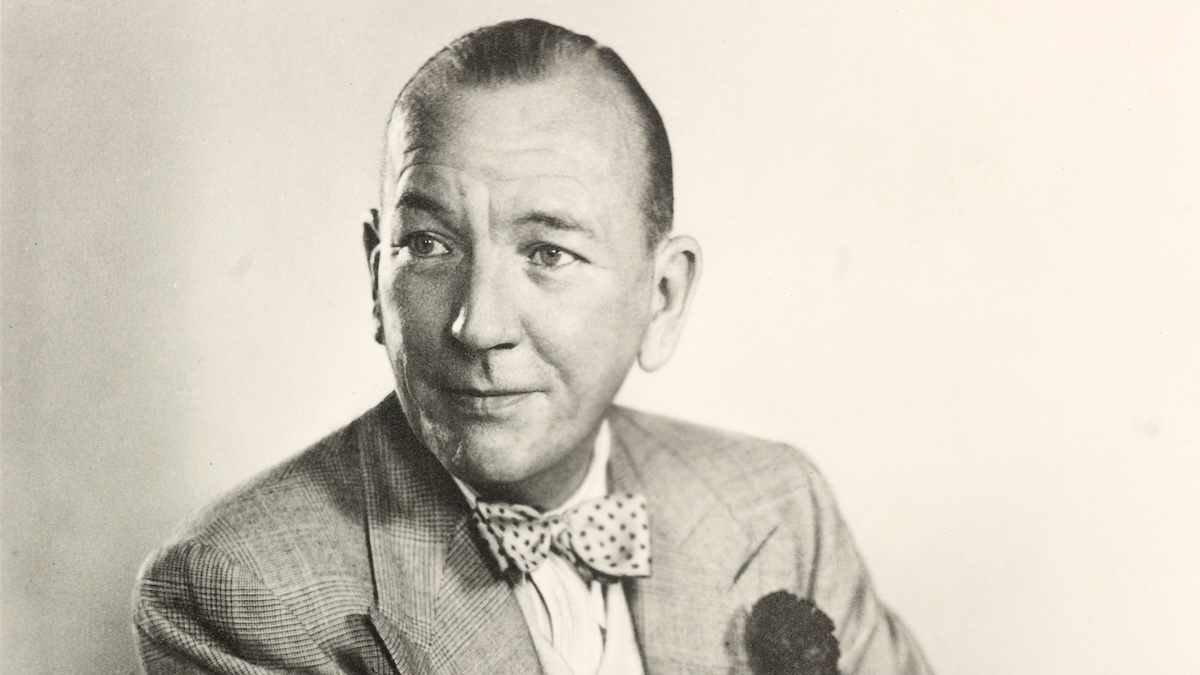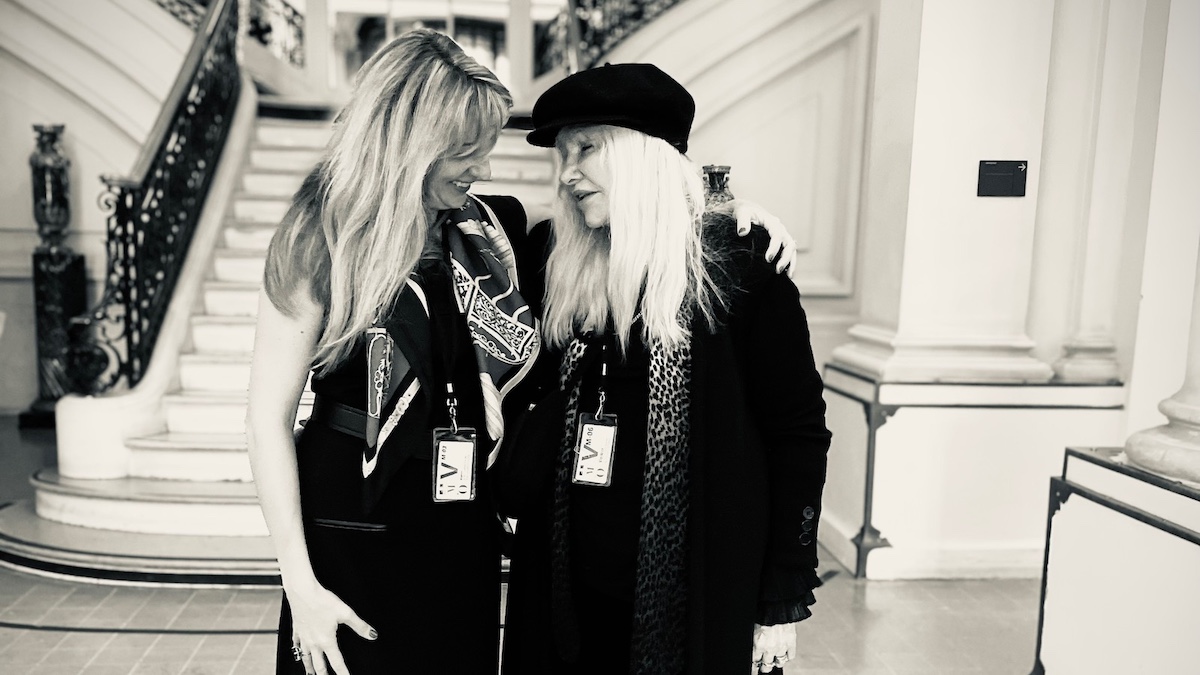
In September of 2015, Two River Theater Company brought one of August Wilson’s acclaimed plays, Seven Guitars to the town of Red Bank, NJ. What’s more, the production marked the directorial debut of actor Brandon J. Dirden – and the cast included both his brother and wife. Our Breaking Character Magazine Editor, Courtney Kochuba, sat down with Brandon to chat about taking on the work of a legendary playwright, directing family members, and being on the other side of the casting table.
—
Courtney Kochuba: Seven Guitars marked your directorial debut, so let’s start with that subject. What made you want to direct?
Brandon J. Dirden: I was asked. When John Dias, artistic director of Two River Theater, first approached me to direct Seven Guitars, I agreed without a moment’s hesitation. The truth is, I had more than sufficient reasons to say no.
Courtney: Which were?
Brandon: First, I was very happy and very busy as an actor. Second, I had never directed before. And third, there are scores of other people who went to school for directing and were much more qualified and deserving than myself.
But at some point you have to assume responsibility for your dreams. I can’t say that it was ever my dream to be a director, but it has long been my dream to be a vital part in the legacy of presenting August Wilson’s plays. I acted in my first Wilson play 25 years ago when I played the young boy, Reuben, in Joe Turner’s Come and Gone, and I knew then that I wanted to do August Wilson plays for the rest of my life.
Courtney: So what was your approach to this specific play?
Brandon: I simply wanted to “do the play.” I wanted to honor what Mr. Wilson wrote, and I wanted the audience to see and hear what he wrote without me putting anything extra on top of it or taking anything away. Sometimes the play is enough. That is true with all of Mr. Wilson’s plays. Just do the play and you will be better than alright. As an actor, I try to remind myself that at each performance, the majority of the audience has never heard this story and may never hear it again. To quote Holloway from Two Train’s Running, “If you are going to tell it, tell it right!”
Courtney: Great quote to ascribe to! Now, did you have any “ah-ha” moments while working on the production?
Brandon: My biggest revelation in working on Seven Guitars was the absence of a traditional protagonist and antagonist. As an actor in Wilson’s plays, I never had to give it too much thought, but as a director what I came to understand is that the community of people that August is writing about is our protagonist, and the antagonist is the failure of America to live up to the ideals of the founding fathers; life, liberty, and the pursuit of happiness for ALL. This is not to suggest that Wilson’s characters do not present obstacles to one another, but the real conflict lies in how a people full of hope, dignity, intelligence, and love operate in a world that treats them as second class citizens and perpetually stacks the deck against them. The tragedy in his dramas come when we see how these brilliant people could have easily thrived in a more fair system.
Courtney: Absolutely.
Brandon: It was important to me that the audience saw people who were constantly striving to improve there lot in life. Mr. Wilson populates his plays with more than survivors or leftovers from slavery. He infuses his community with characters who are making better what they have in order to have best. I encouraged my designers to reflect this attitude in their work. Which is why the set and costumes showed a people of limited means, but very resourceful. It was paramount that we saw people who took pride in their appearances and surroundings. One of my biggest pet peeves is when designers equate lack of money with dirty and unkempt in dealing with the African-American community.
Courtney: Now, let’s talk about the casting table. You’ve only ever been on the auditioning side. How was it from the director’s chair?
Brandon: Ruben Santiago-Hudson, who originated the role of Canewell in Seven Guitars and won a Tony Award for his performance, has long been my mentor and frequent director. As a director, Ruben taught me the importance of inviting the right people in the room. So in putting the cast together, I not only looked at who had the capabilities to act the role but also who needed to be telling this story at this time in their careers. That’s not necessarily an easy thing to gauge, and I don’t propose to have the formula for knowing, but I can say without exception all seven of the actors that I cast needed to be in that room more than any other actor outside of the room.
I was particularly happy that I was able to cast a mixture of actors who had lots of experience with Wilson’s plays and others who had none. The more seasoned actors were able to set that signature Wilson metronome when moving the language and the novice actors taught us to take nothing for granted, no matter how familiar we thought we were with this play.
Courtney: Speaking of actors, you also directed your brother and wife in this production! How was that process?
Brandon: You will not find better actors to portray Canewell and Louise than Jason Dirden and Crystal Dickinson, respectively. I may be biased because they are my brother and wife, but I am also correct. Not only were their renderings pitch perfect, but they were also leaders in the rehearsal room and that gave me, a first-time director, space to make rookie mistakes.
Courtney: Quite an awesome family affair, it sounds like! Now, to wrap up, what did you take away from this experience, overall?
Brandon: Each new generation must at some point take ownership of telling a story for that story to live on. One of my goals for this production was to make my elders proud. I knew that original cast members of Seven Guitars would probably come to see this production, and I wanted them to know that what they brought into this world 20 years ago was in good hands. Some days I felt like we were the kids putting on the talent show at the family reunion. The outpouring of love from previous generations was tremendous and I am truly grateful, but what really moved me was the support from my peers and newer generations. Scores of young people sacrificed time and money to make the journey to Red Bank and their presence affirmed that August Wilson’s words are still resonating as loud as ever.
To purchase a copy of August Wilson’s Seven Guitars, click here, and to learn more about licensing a production, click here.

Noël Coward’s Travels

Kate Chopin in New Orleans: Mother-Daughter Author Duo Collaborate on Historical Book

